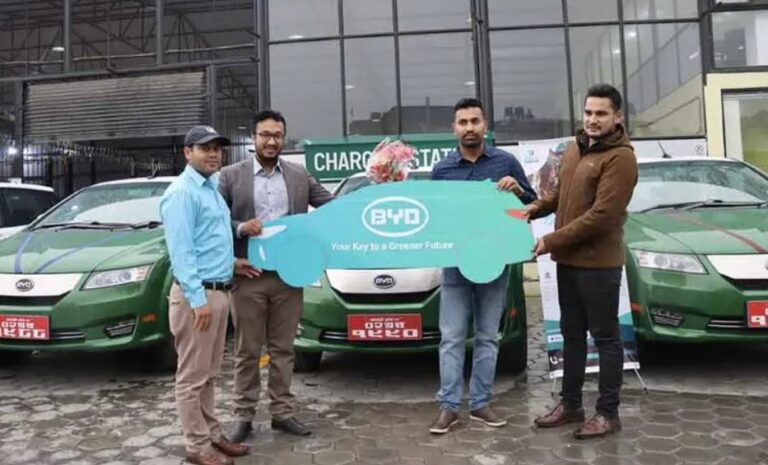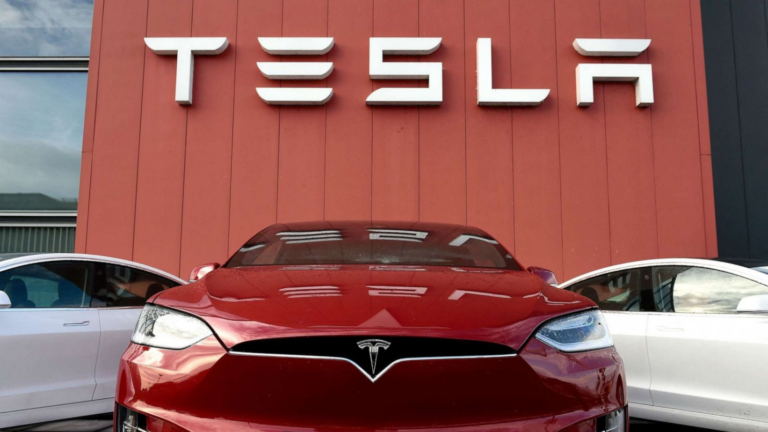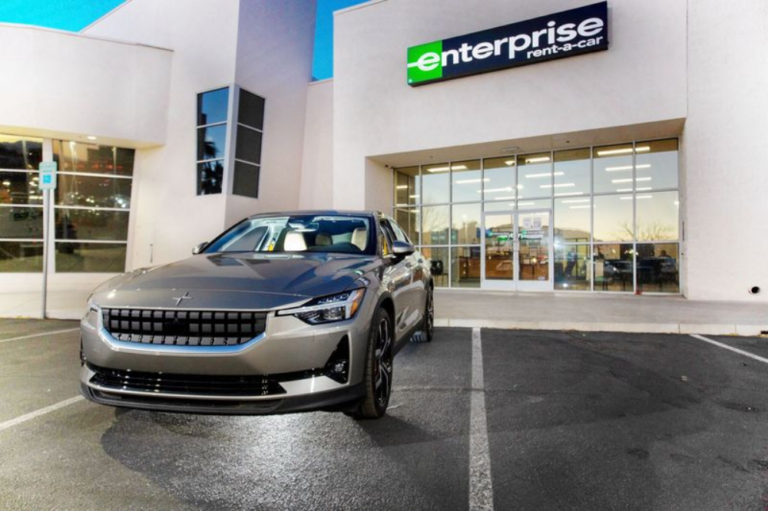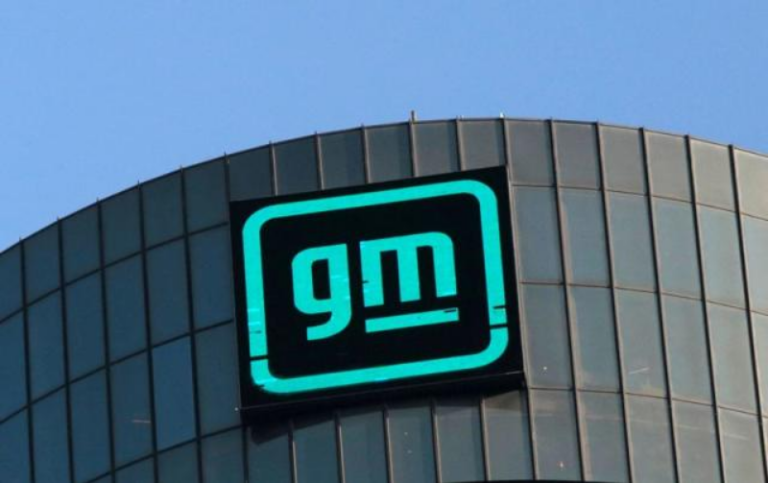The Western rental car industry, enjoying a financial boost from a profitable pandemic, is gradually embracing electric vehicles (EVs), with Chinese-made cars poised to take center stage. This shift, highlighted by Europcar’s Olivier Baldassari, suggests a potential move away from traditional Western automakers in favor of Asian counterparts as the industry transitions to electric. Baldassari noted that Chinese and Asian EVs match Western models in quality, with the added advantage of being generally more cost-effective.

The rental sector, which annually purchases millions of new cars—representing a significant share of new car sales in the U.S.—is considered a key indicator of broader automotive trends. Historically resistant to electrification due to low customer demand, the industry has seen a surge in profits during the pandemic, prompting companies to reconsider their stance.
Notably, Hertz made headlines by ordering 100,000 Tesla vehicles, contributing to a positive market response. Europcar has committed to making 20% of its fleet electric or low-emission hybrid by 2024, reflecting a shift towards cleaner vehicles. The company is increasingly sourcing EVs from Chinese manufacturers such as Great Wall Motors, SAIC Motor, and Polestar, alongside traditional partners like Renault and Stellantis.

While each rental company is navigating the electric transition at its own pace, there is a consensus that the time to act is now. In the U.S., Enterprise Holdings is adopting a cautious approach, considering factors like customer preferences for non-electrified SUVs and pickups and insufficient public charging infrastructure.
Despite the varied pace of change, gasoline-powered vehicles are expected to remain predominant in fleets for years. However, the long-term impact of this shift could extend to the fortunes of Chinese carmakers in the competitive European auto market, challenging past perceptions of Chinese vehicles. Chinese manufacturers, including Great Wall Motor, are eyeing Europe, leveraging the rental channel to build brand awareness and increase sales, reminiscent of the strategies employed by Kia and Hyundai in the 1990s to gain a foothold in Western markets.





